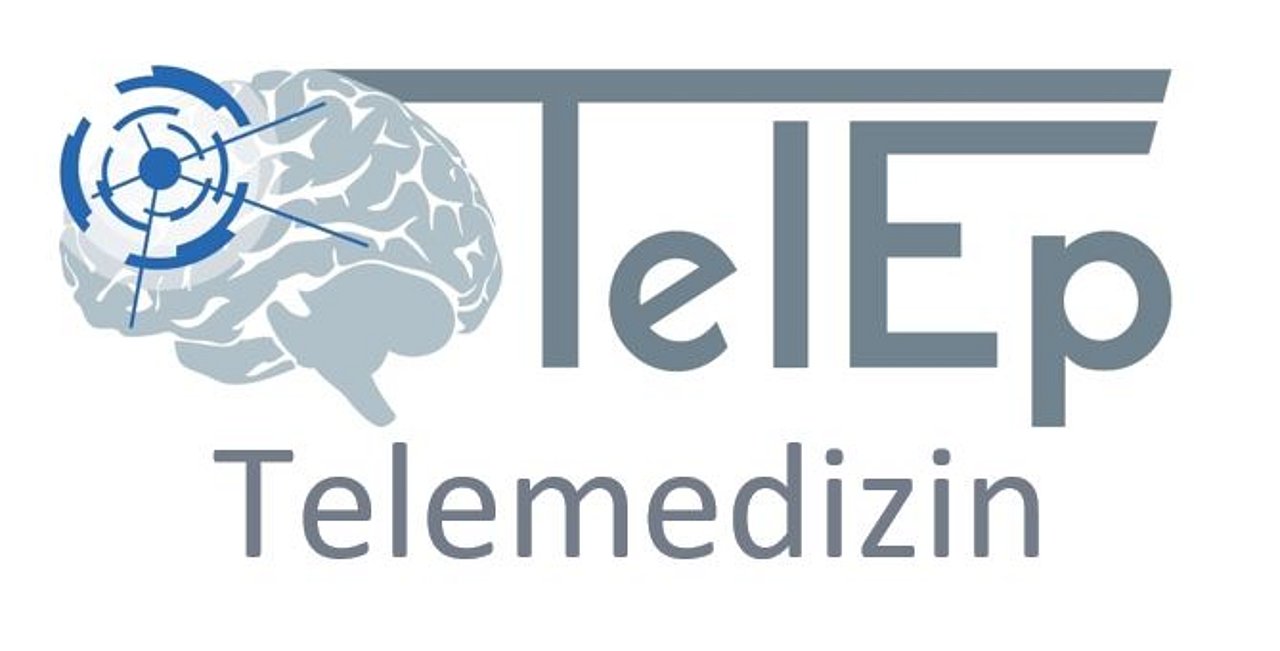Diagnosis
We work on advancing and combining the technologies at our disposal with regard to detecting structural lesions, specifically diagnosing the kind of lesion and proving its epileptogenicity (collaboration with the Departments of Neuroradiology, Nuclear Medicine, MEG, Neurosurgery).
Further information: Prof. Dr. Burkhard Kasper
Drug monitoring
Core subject: the systematic recording and quantification of numerous aspects of the efficacy of anticonvulsants. This includes E.g. the evaluation of cognitive effects of the therapy or the study of antiepileptic drug-induced osteopathy.
Further information: Prof. Dr. Hajo Hamer, MHBA
EEG analysis
Our research focuses on numerous aspects of EEG signal processing, such as automated seizure recognition, qEEG (quantitative EEG), spike detection and source analysis.
Furthermore, especially when subdural and depth electrodes are used, the analysis of high-frequency EEG and MEG signals is an exciting field to gain a better understanding of how epileptic seizures develop.
Further information: Dr. Rüdiger Hopfengärtner, Prof. Dr. Hajo Hamer, MHBA
Immunological changes in epilepsy cases
There is mounting evidence that epilepsy can also be caused by, and continues to exist due to, inflammatory changes. However, the interaction between inflammatory cells and nerve cells is not yet sufficiently understood. If these correlations were known, a whole new group of antiepileptic drugs might be developed which could influence the inflammation system. At our Centre, we would like to explore these possibilities.
Further information: Prof. Dr. Hajo Hamer, MHBA
Cognition
We are interested in the diverse facets of neuropsychology in epileptology (e.g. autobiographic aspects of memory, speech functions, social cognition, theory of mind). We believe it is very important to combine clinical neuropsychological findings with findings from other imaging modalities and fundamental knowledge.
Further information: Dr. Kathrin Walther, Dr. Michael Schwarz
Socio-economic aspects of epilepsy
Due to their seizures, people suffering from epilepsy are often faced with stigmatisation, unemployment, early retirement and difficulties in their social lives. Our health services research focuses on these social ramifications of epilepsy. We investigate and classify the social ramifications, analyse the relationships between epilepsy and professional and private life and develop solutions for preserving the quality of life. This requires intensive interdisciplinary collaboration with university institutes and non-university organisations (such as the expert network Netzwerk für Epilepsie und Arbeit (network for epilepsy and work)).
Teaching and information: Prof. Dr. Hajo Hamer, MHBA
Tele-medicine
In the field of Neurology, telemedicine applications are increasingly gaining importance. A telemedical network for epilepsy in Bavaria (TelEp), funded by the Bavarian State Ministry of health and care, was established. The project scientifically examines the applicability of tele-medical procedures in the diagnosis and treatment of epilepsies.
Link: http://www.telep.org/
Further information: Prof. Dr. Hajo Hamer MHBA, PD Dr. Stephanie Gollwitzer
CNS anomalies
We are interested in epilepsy with congenital brain anomalies in the clinical presentation (semiology, course, cognition) and genetic background, including bilateral periventricular heterotopies, single heterotopia, double cortex heterotopia, polymicrogyria, schizencephaly and others.
Publication:
Kasper BS, Kurzbuch K, Chang BS, Pauli E, Hamer HM, Winkler J, Hehr U. Paternal inheritance of classic X-linked bilateral periventricular nodular heterotopia. Am J Med Genet A. 2013 Jun;161(6):1323-8.
Further information: Prof. Dr. Burkhard Kasper




